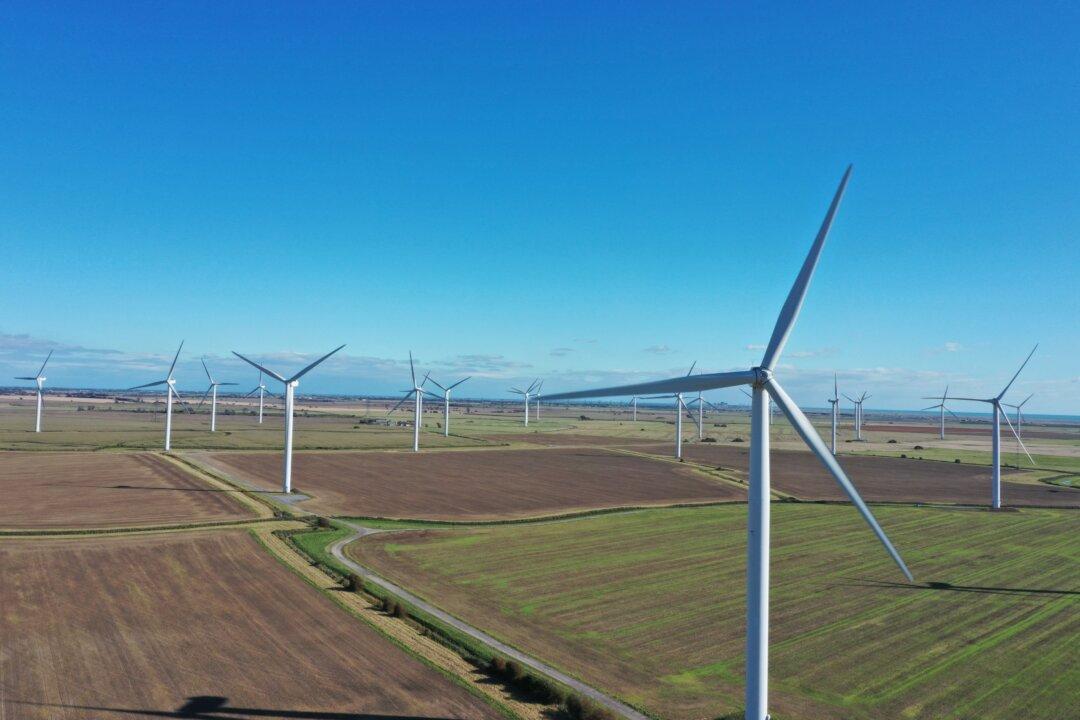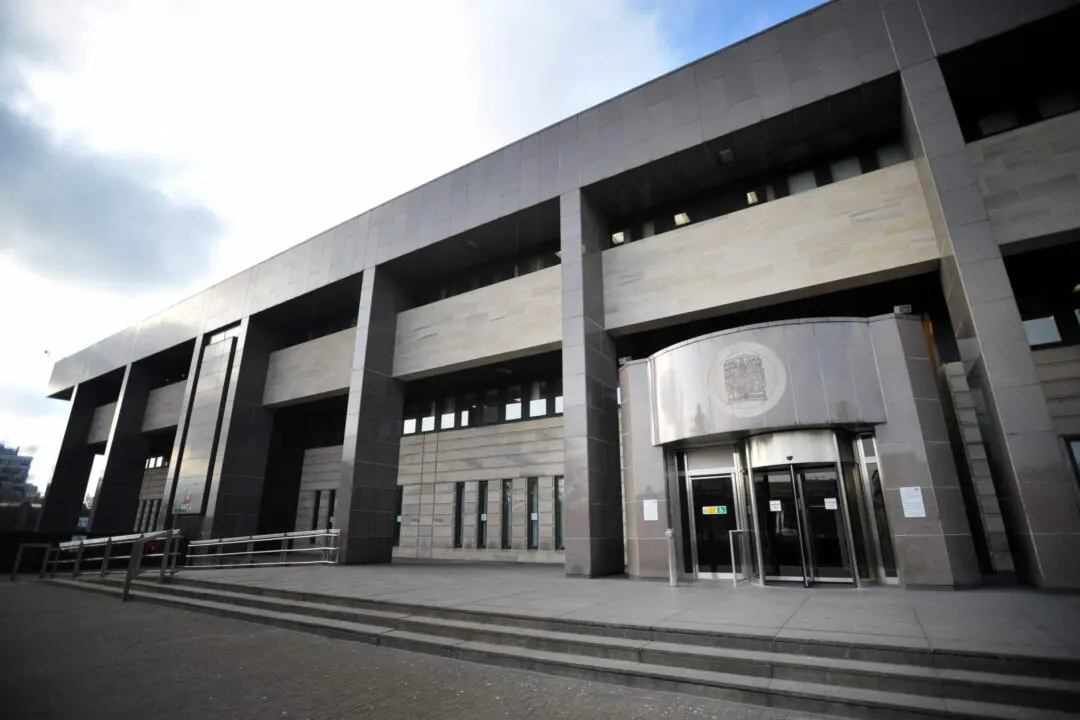Britain’s energy price cap should be changed to become more reflective of the cost for suppliers to buy energy from the wholesale market, the boss of one of Britain’s biggest suppliers has said.
The energy price cap is likely to cost the industry around £5 billion ($6.86 billion) over the next six months as customers fall off their fixed-term tariffs and are moved onto a cap-regulated tariff, Scottish Power Chief Executive Keith Anderson said.




